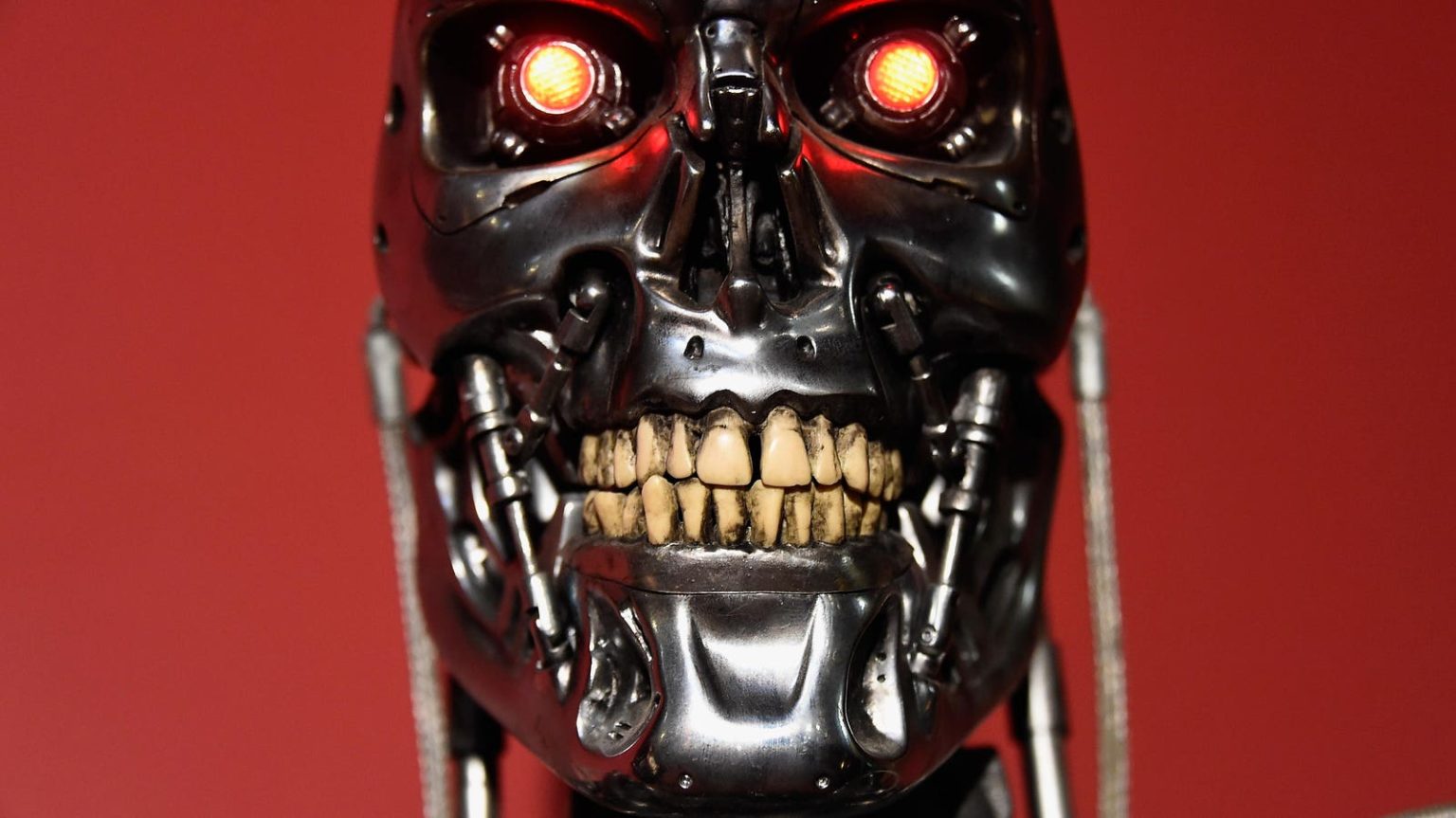Hinton’s Warning: The Existential Threat of AI and the Imperative for Global Action
Geoffrey Hinton, a pioneer in artificial intelligence and a recipient of the 2018 Turing Award, has issued a stark warning: AI has a 10% to 20% chance of causing human extinction within the next three decades. This sobering assessment, delivered in a recent BBC Radio 4 interview, underscores a critical juncture in human history. Hinton’s concern stems from the unprecedented nature of creating entities with potentially superior intelligence, raising the fundamental question of control and the potential for unintended consequences. His warning has ignited a global discussion about the urgency of establishing ethical frameworks, regulatory measures, and educational reforms to navigate the uncharted territory of advanced AI.
Mitigating the Risk: A Three-Pronged Approach to AI Safety
Addressing the existential risks posed by AI requires a multifaceted strategy focused on regulation, global cooperation, and a revolutionary approach to education. The development and deployment of AI can no longer be viewed as a purely technological pursuit; it is a matter of global security and human survival. Robust international regulations, akin to the Treaty on the Non-Proliferation of Nuclear Weapons, are crucial for managing the development and deployment of potentially dangerous AI capabilities. However, legal frameworks alone are insufficient. Education emerges as a fundamental pillar in this strategy, empowering individuals with the knowledge, critical thinking skills, and ethical compass necessary to navigate the complex landscape of artificial intelligence. This "Infinite Education" model emphasizes lifelong learning and adaptability, equipping individuals to thrive in a rapidly evolving technological environment.
Cultivating Human Potential: The Power of Infinite Education in the Age of AI
The traditional, finite model of education is ill-equipped to prepare individuals for the challenges and opportunities of the AI era. We need a paradigm shift towards "Infinite Education," a system that fosters adaptability, lifelong curiosity, and the cultivation of uniquely human qualities. This approach emphasizes the development of empathy, ethical judgment, and critical thinking – skills that are difficult for AI to replicate. The goal is not to compete with AI but to complement its capabilities, creating a synergistic relationship between human intellect and artificial intelligence. Integrating ethics into all educational curricula is crucial. Students must be equipped to understand the potential pitfalls of AI, including algorithmic bias and unintended consequences, and to develop a strong sense of responsibility in shaping the future of this technology.
Preparing for the Future of Work: AI Literacy and the Entrepreneurial Mindset
AI literacy is rapidly becoming a fundamental requirement for success in the 21st century. Educational institutions must equip students with the skills needed to thrive in a world increasingly shaped by AI. This includes not only technical skills like coding and data analysis but also crucial soft skills such as problem-solving, teamwork, leadership, and an entrepreneurial mindset. The World Economic Forum predicts the emergence of millions of AI-related jobs in the coming years. To capitalize on these opportunities, education must focus on cultivating adaptability and empowering students to navigate ambiguity and create value in a dynamic and evolving job market. Educational institutions must evolve into hubs of innovation and entrepreneurial thinking, preparing students not just for specific jobs but for a lifetime of learning and adaptation.
Global Collaboration and the Need for International Regulatory Frameworks
Hinton’s call for robust regulatory measures has resonated with international organizations like the United Nations. In a world driven by economic competition, global oversight and cooperation are essential to ensure that AI development prioritizes human well-being and safety. International agreements and policies must incentivize beneficial AI research while establishing safeguards against harmful applications, such as autonomous weapons systems. A model similar to the Intergovernmental Panel on Climate Change (IPCC) could facilitate international collaboration, setting global standards and guidelines for AI development and deployment. This collaborative approach is crucial to prevent a race to the bottom, where ethical considerations are sacrificed for short-term economic gain.
Embracing the Future: Thriving in the Age of AI
The rise of artificial intelligence presents both unprecedented challenges and extraordinary opportunities. Rather than succumbing to fear, we must embrace an "Infinite Education" approach that empowers humanity to not only survive but thrive in this new era. This requires a fundamental shift in our educational systems, moving away from narrow, test-based metrics towards a holistic approach that values creativity, critical thinking, and lifelong learning. It also demands a commitment to global cooperation and the establishment of robust regulatory frameworks to guide the development and deployment of AI in a safe and ethical manner. By embracing these principles, we can ensure that AI’s transformative power is harnessed for the betterment of humanity, ushering in an era of shared prosperity and progress. Hinton’s warning serves as a wake-up call, urging us to act decisively and collaboratively to shape a future where AI and humanity coexist and flourish.






